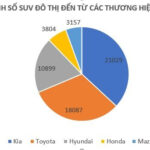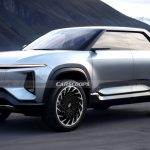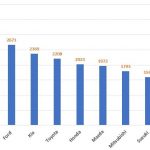In late August, Hyundai announced plans to double its global hybrid vehicle lineup from seven to 14 in the near future. This move is part of the company’s massive 120.5 trillion won ($96 billion) investment in electrification.
While Hyundai’s global sales of electric and hybrid vehicles saw a slight dip in the first half of 2024, the company remains committed to its future plans. Their ambitious goal is to sell 5.55 million vehicles annually worldwide from 2030 onwards, a 30% increase compared to 2023’s sales of 4.21 million vehicles.
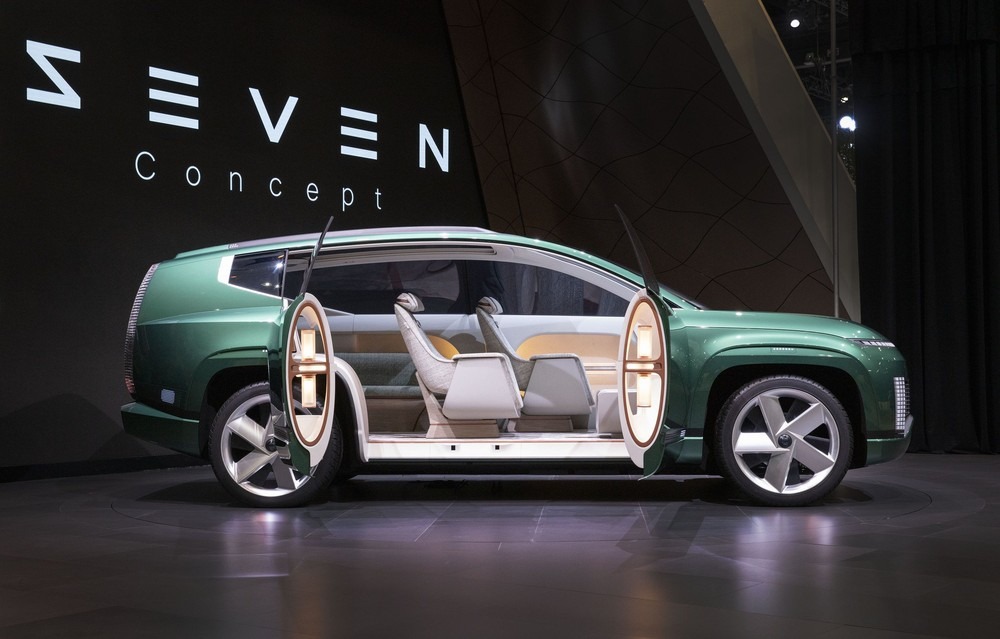
Hyundai is making unprecedented investments in electrification, expecting a 30% increase in its global sales with the help of this division. Image: Motor1
Hyundai’s future electric vehicle lineup will feature EREV (Extended Range Electric Vehicle) technology. Their electric powertrain design is a form of hybrid where the engine acts as a generator to recharge the battery, thus extending the vehicle’s range.
The EREV models from Hyundai are expected to offer a range of 900 to 1,100 kilometers on a single charge—double that of typical electric vehicles today. The number of hybrid vehicles in the Hyundai group will soon expand from seven to 14, with new options in the Genesis, Hyundai, and Kia lineups.
One of the most notable vehicles on this list is the Hyundai Santa Fe EREV, slated for release in 2026. Additionally, the Hyundai Palisade is expected to introduce a new generation in 2025, with a hybrid version as its flagship model.
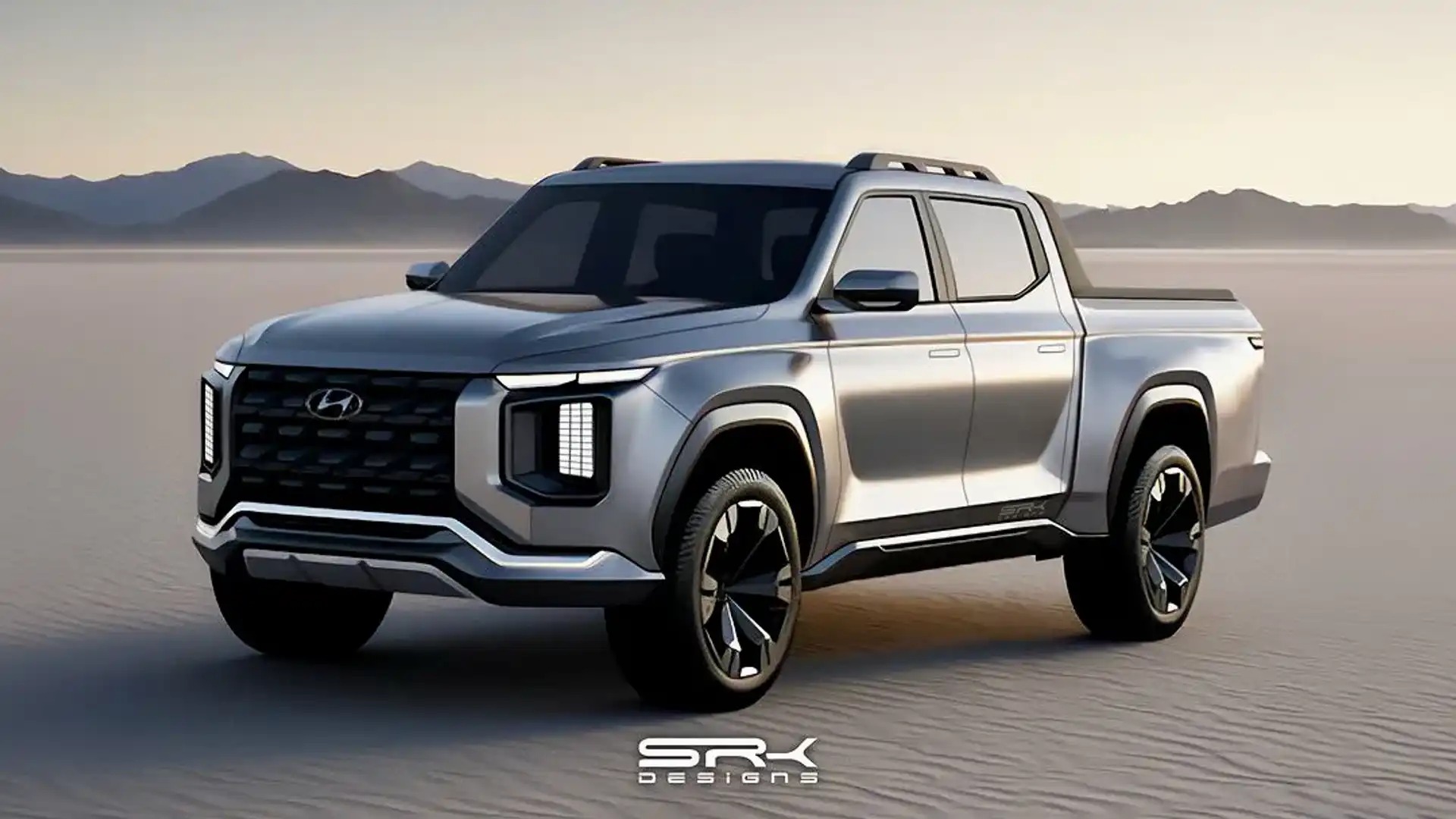
Hyundai’s upcoming hybrid/electric projects include a mid-size and large pickup, the Santa Fe, Genesis GV80, G70, and G80. Image: SRX Designs
Among the seven Hyundai hybrid models, a large pickup truck, tentatively named “Ioniq T10,” is expected to be included. The standard version of this model will be all-electric, but a hybrid variant is also possible.
Three luxury vehicles from the Genesis brand will join Hyundai’s hybrid lineup, including the G70 (mid-size sedan), G80 (full-size sedan), and GV80 (full-size SUV).
Which car brand sells the most urban SUVs in Vietnam?
The title for the top spot in the compact SUV segment in Vietnam does not belong to Toyota or Hyundai, but rather another brand.

